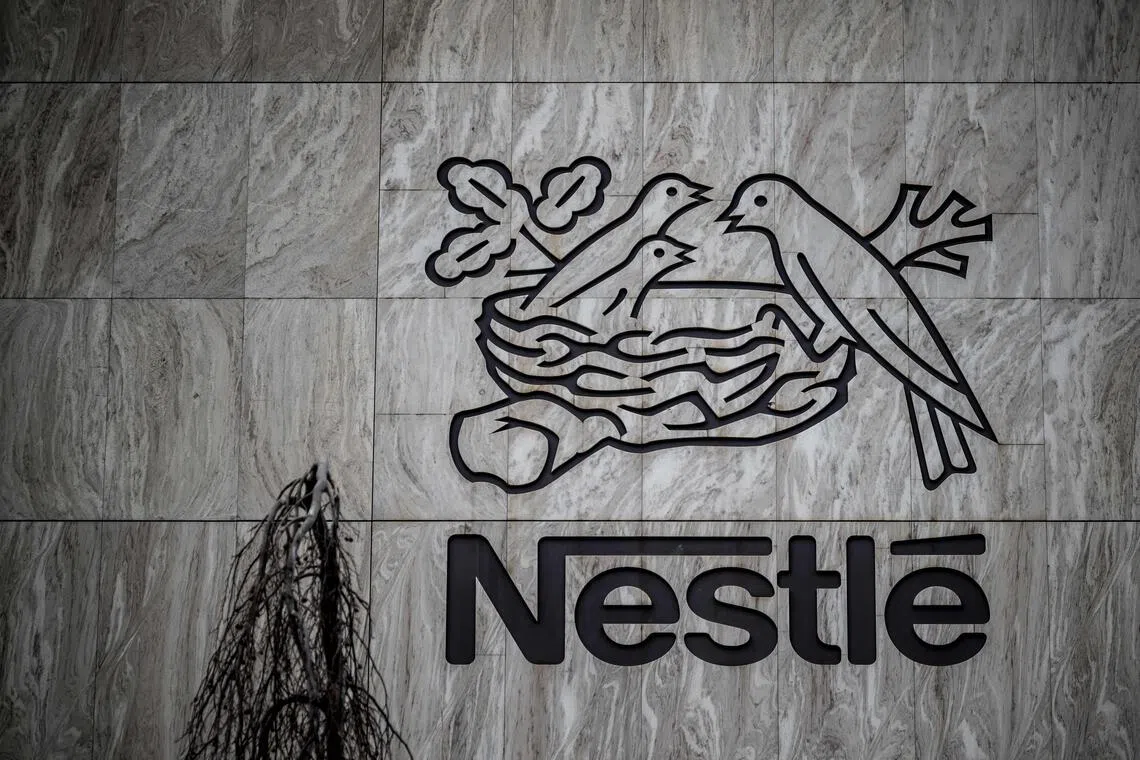Nestle investors call for chairman to step down, FT reports
Sign up now: Get ST's newsletters delivered to your inbox

Support for Nestle chariman Paul Bulcke has been ebbing away due to doubts about Nestle’s recovery after the pandemic, investors told Reuters in July.
PHOTO: AFP
Follow topic:
SWITZERLAND – Nestle investors have called for chairman Paul Bulcke to step down over the departure of a second chief executive in just over a year, the Financial Times (FT) reported on Sept 13.
Shareholders told FT the dismissal of former chief executive Laurent Freixe and the way investigations into his conduct were handled had exacerbated their concerns over governance at Nestle and led them to question Mr Bulcke’s decision-making.
“I don’t think Mr Bulcke will move on before April but he should have left when Mr Mark Schneider was forced out,” Mr Alexandre Stucki, founder of AS Investment Management, which represents founding family investors in Nestle, told the newspaper.
Nestle did not immediately respond to a Reuters request for comment.
The Swiss food giant abruptly dismissed Mr Freixe at the beginning of September for failing to disclose a romantic relationship with a subordinate.
Mr Freixe’s removal came a year after predecessor Mark Schneider suddenly departed and 2½ months after Mr Bulcke said he would step down in 2026.
A Nestle spokesperson told the Financial Times the two chief executive departures were unrelated and that Mr Freixe’s conduct was a clear breach of its code of conduct.
Mr Bulcke, a 70-year-old Belgian and Swiss national who has been chairman of the board since April 2017, joined Nestle in 1979 and served as the company’s chief executive from 2008 to 2016.
Support for Mr Bulcke has been ebbing away due to doubts about Nestle’s recovery after the pandemic, investors told Reuters in July, with sales volumes at the world’s largest maker of packaged food flagging in 2023 as it increased prices to offset rising raw material costs.
In April, Mr Bulcke was re-elected with 84.8 per cent of the vote, a substantial drop from the nearly 96 per cent he received in 2017. REUTERS

